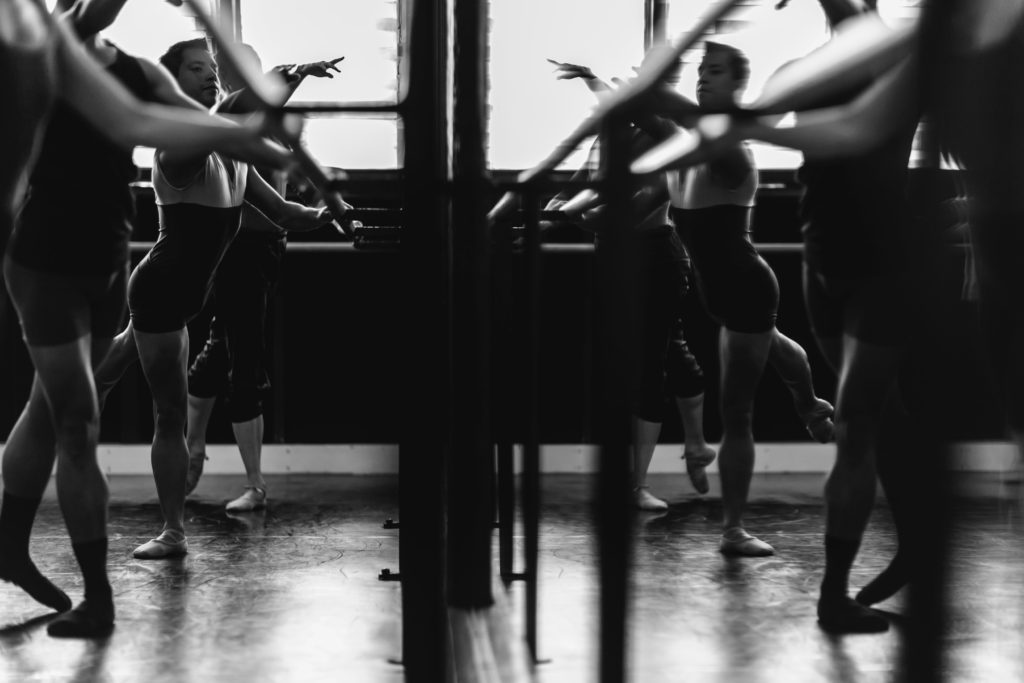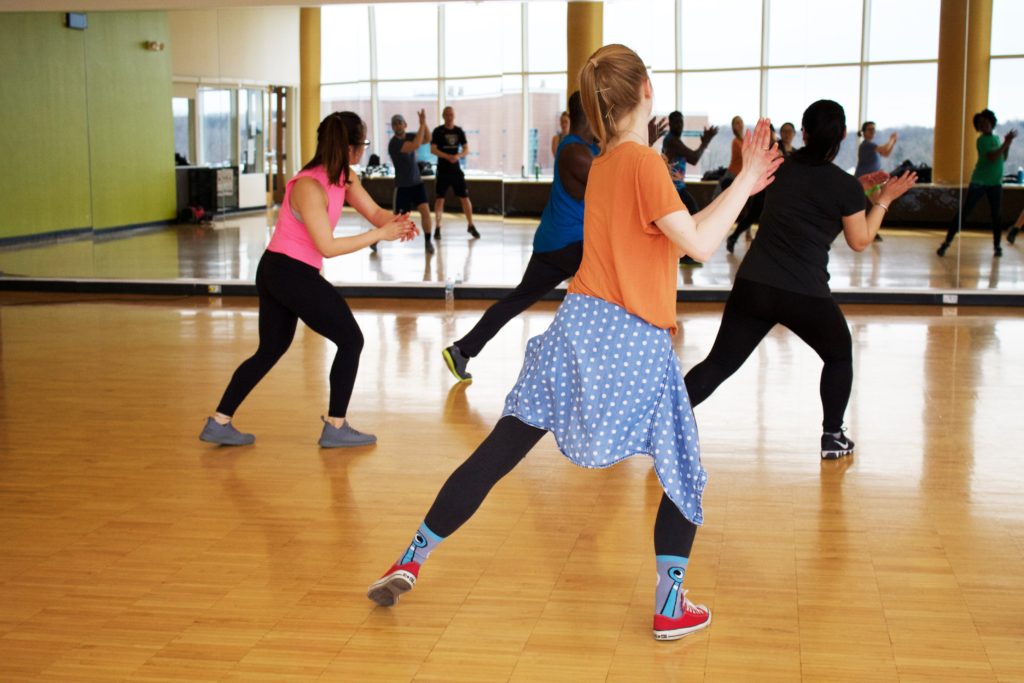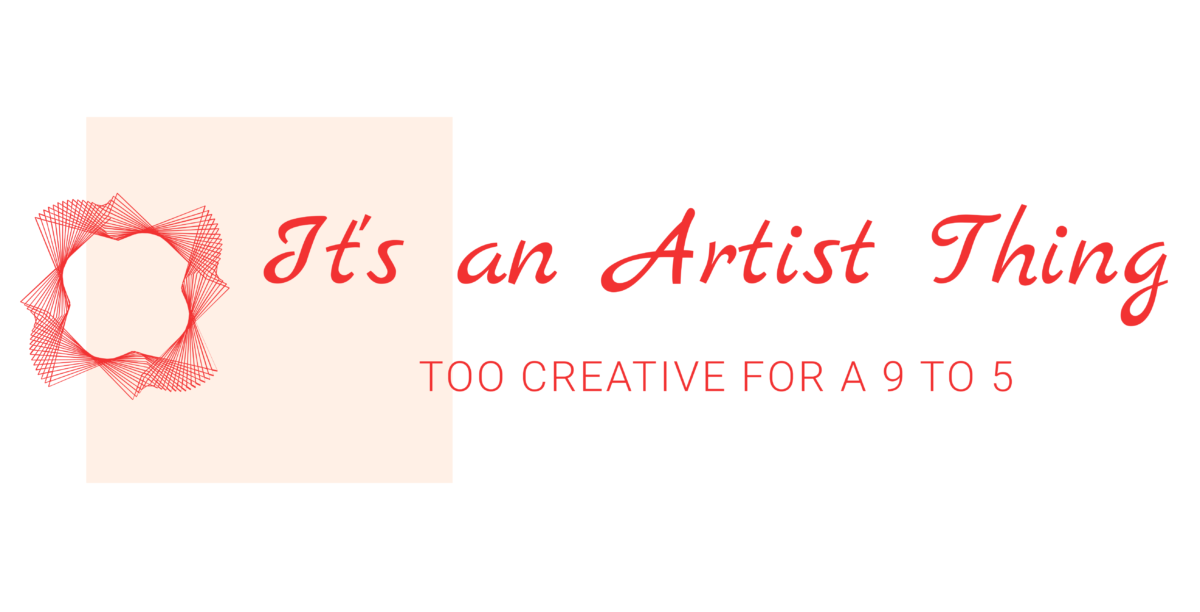
5 Things That Separate Professional Writers, Dance Teachers, and Artists from the Rest and Cost You Nothing
We’ve all seen ‘em. We’ve even met ‘em. Some of us have even looked up to ‘em. You’ll see later why I say SOME of us.
Yep, it’s no secret that most of the time when a person (artist), reaches a point where he can openly call himself a professional, he lets some of the great foundations one clings to as an amateur slide. Today I want to talk about a few of those foundations, amateur values that are worth holding on to even once a person crosses over to being a professional. And the good news? They don’t cost you anything and are relatively painless. But, trust me, they make all the difference and separate the real pros from the others.
So, here we go. A professional never loses his/her…
- Personalized Interaction
Something very important in a professional in any field (and I’d venture to say, especially in realm of the arts), is the ability to make his or her interactions personal.
In the world of freelancing, editing, and ghostwriting, I am far more likely to take a client seriously when they have obviously personalized their initial correspondence with me. Perhaps they use the same couple of lines in order to respond to all of the people they invite for an interview. However, when they have chosen to customize their greeting, this still shows that they don’t want to just look like a robot messenger. It’s refreshing to see something more human after all of the automatic invitations generated by the platform.
These clients deepen my admiration for them (and willingness or even eagerness to work with them!) further when they reference my work specifically in their invites. Even more brownie points head their way when they tell me right off what about my work specifically made them think that I would be the perfect fit for their project.
Another artistic realm where I have witnessed the importance of this skill is in the area of teaching. For me, this discovery was made in a dance studio, but I feel that this relates to anyone who has the honor of offering instruction in their chosen art form.
Get to know your students. Yes, they are there to dance, but if you’re going to spend so much time together you need to recognize them as human beings. Personalized interaction will go a long way in helping your students learn from you.
My first ballet teacher never failed to fulfill this aspect of professionalism. I came to her, taking my first ballet class at the age of nine. To be honest, I don’t really remember the process of getting to know her. I just recall that she often asked me questions about my personal life. She’d ask about my parents and our horses often.
When you take the time to talk to your students and genuinely care about their lives, they will most likely do better because they know that you actually care. From there, the fact that a student you’ve taught is improving is a credit to your title as a professional.
2. Willingness to Learn
Once I posted in a writing group asking what kinds of topics my fellow writers would like to read an article or two on. I had someone answer by saying that there are too many articles out there as it is and she doesn’t have time to read them. She doesn’t read about how to become better at writing, she said, because she prefers to learn from the classic authors. Her answer gave me pause. It made me ask: Does anyone ever get too good to continue learning, continue gleaning information from the advice and experience of others? Classic authors are great, but I couldn’t help wondering if refusing to heed what other modern writers have to say might stunt her growth a little as a professional. I personally think it will.
Another thing that she said was that she is too busy teaching and writing to read. Stephen King states the value of a reading writer this way: “If you want to be a writer, you must do two things above all others: read a lot and write a lot.”
It takes both.
Professionals are never too busy to study their craft and never reach the point where they think they know it all.
As a dance student, I’ve been fortunate to have teachers who believe in learning from other professionals. At the school where I received the bulk of my ballet training, one of our instructors, a professional dancer through and through, gave a dance theory class during summer intensive. I remember watching videos of Sylvie Guillem talking about dance concepts and what her own habits were as a dancer.
While training in the salsa studio atmosphere, there is also a great emphasis placed on learning from other greats. Whenever a visiting guest artist comes to teach a masterclass, at least one of my instructors, often more, can be found learning right alongside the students. The motto of one of my instructors is this: “Pushing to be better every day.” If even the greats in their fields place emphasis on continuing to learn and study, how much more should the rest of us!

3. Being on Time.
You know what it’s like and I know what it’s like. No one likes having to wait on someone else, especially in the business setting. I’ve had clients schedule phone interviews with me and then call late. I have to tell you, as I was sitting there, watching the minutes tick past, I became less and less thrilled at the prospect of working with those clients.
As a teacher, I know the importance of arriving on time for a class. However, there are many who still haven’t learned this skill and it doesn’t do their professional title a bit of good. Not only are teachers who show up late for class not setting a good example for their students, but it signifies a lack of consideration. Students demonstrate respect for their teachers by arriving on time, but it goes both ways. It’s not hard to do, so put it into practice! Arrive those five minutes earlier and knock your professionalism up a couple of notches.
4. Wise words.
It should seem like a no-brainer, but some people forget that the way they present themselves verbally is a direct representation of whatever they want to sell or offer to people. Rude language can get in the way of a person’s credibility and professional image.
One year, at the ballet school I trained at we have two guest artists come to perform in the spring show. The excitement in the studio was tangible as we waited for the first guest artist to arrive for class. When this long-awaited professional dancer did finally arrive (late), the first thing he did when his feet hit the studio floor was to curse about how slippery it was. And it didn’t get better from there. He did so much complaining during his time at the studio that any awe I might have felt over his presence was completely gone by the time he left. But the truth is, I lost respect for him from the first encounter. Present yourself well, impressions really do matter. That doesn’t change even though artistic atmospheres can often feel less formal than, say, a business office setting.
5. Common courtesy
High and mighty though being a professional may seem, one of the things no artist is ever exempt from is common courtesy. Artists are still human beings, so why would this aspect not be required of them when it’s a general rule (one that is taught in preschools or even earlier) for most humans?
Similar to the concept that teachers never grow out of learning, they also never grow out of things like saying hello to anyone who enters their classroom or responding to student questions and inquiries. Even if you wish they’d go somewhere else, snubbing them is not an option. Well, it is, I suppose, but it does reflect on your professionalism.

I try my best as a writer not to ignore people, though it’s pretty easy to get away with when you’re working remotely. Still, when someone makes the effort to reach out to me about a job, I try to always send some sort of acknowledgement that I appreciate it. Even if I know that perhaps my price is out of their budget or maybe I don’t feel I have the skillset they are in search of, I want to make sure they know I appreciate their recognition of my expertise as a writer. Not only is this kind, but it will also recommend me for jobs in the future. Perhaps they’ll have jobs that I’m better suited for later. It has happened. Wouldn’t you be more likely to reach out someone again if they avoided snubbing you even if you didn’t end up working together initially?
How does professionalism in your particular work environment of the arts manifest itself in these areas? Are there any other traits that you think separate the pros from the others?


